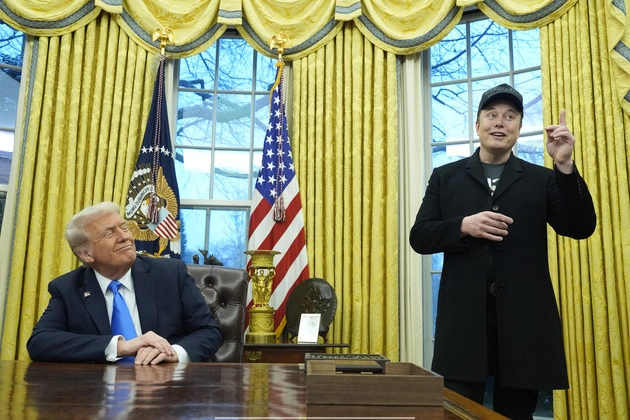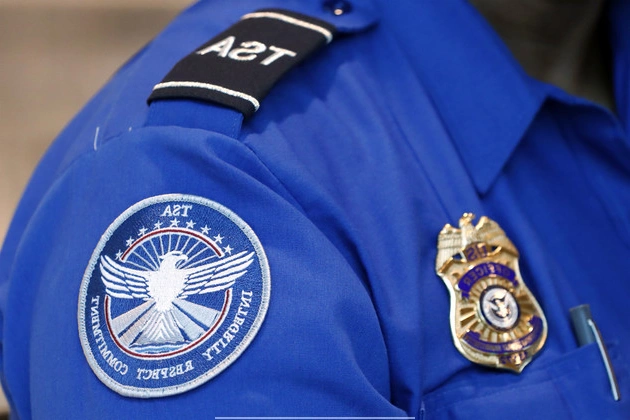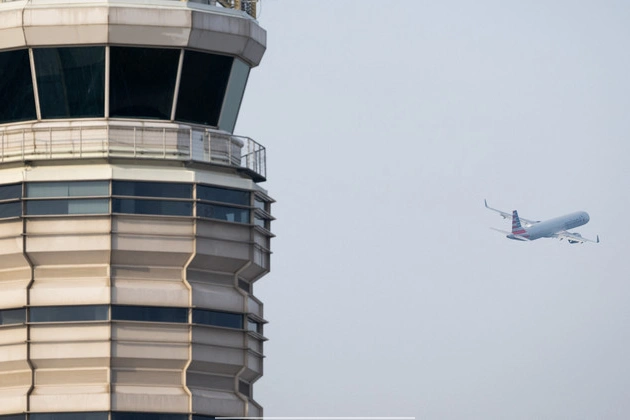
As the federal government faces the possibility of a shutdown during the holiday season, concerns arise about the impact on millions of travelers heading to airports. Despite the looming uncertainty in Congress, flights are unlikely to be disrupted at this time.
Key personnel such as Transportation Security Administration (TSA) baggage screeners and Federal Aviation Administration (FAA) air traffic controllers are classified as ‘essential’ and would continue working even without receiving pay during a shutdown.
TSA Administrator David Pekoske assured readiness for the holiday rush, but cautioned travelers about potential longer security lines in case of a prolonged shutdown, despite the additional 600 staff hired to manage the surge in holiday travel through early January.
The holiday travel season, which kicks off with a significant number of scheduled flights, is a crucial period for the aviation industry. While immediate disruptions may be limited, prolonged shutdowns could have lasting repercussions.
A recent report highlighted that government shutdowns and political gridlock have contributed to a rise in near-collisions at airports. The ongoing uncertainty makes it challenging for the FAA to function effectively and delays essential air traffic controller training.
Furthermore, the financial strain on controllers and baggage screeners, who are already facing fatigue and stress, could lead to early retirements. Although Congress typically reimburses these workers post-shutdown, the immediate financial burdens can have long-term effects on the workforce.
The potential shutdown also jeopardizes critical projects like the FAA’s modernization of the air traffic control system and the recruitment of new air traffic controllers. While the agency met its target for new hires this year, it acknowledges the need for significant progress to address the ongoing shortage.
FAA Administrator Mike Whitaker acknowledged the challenges ahead, stating that achieving the required number of controllers will take at least 18 months. The uncertainty surrounding government funding poses a threat to the aviation industry’s stability and growth.















